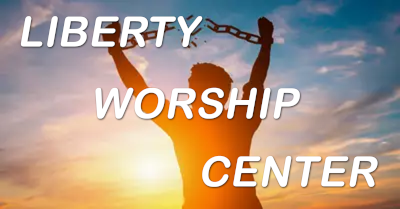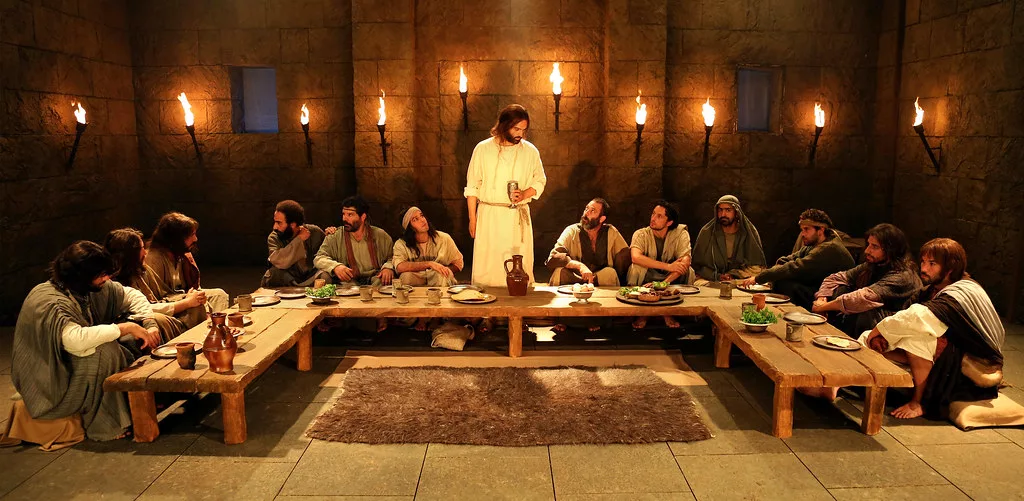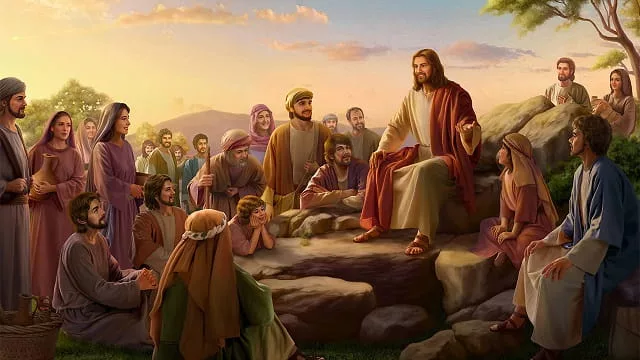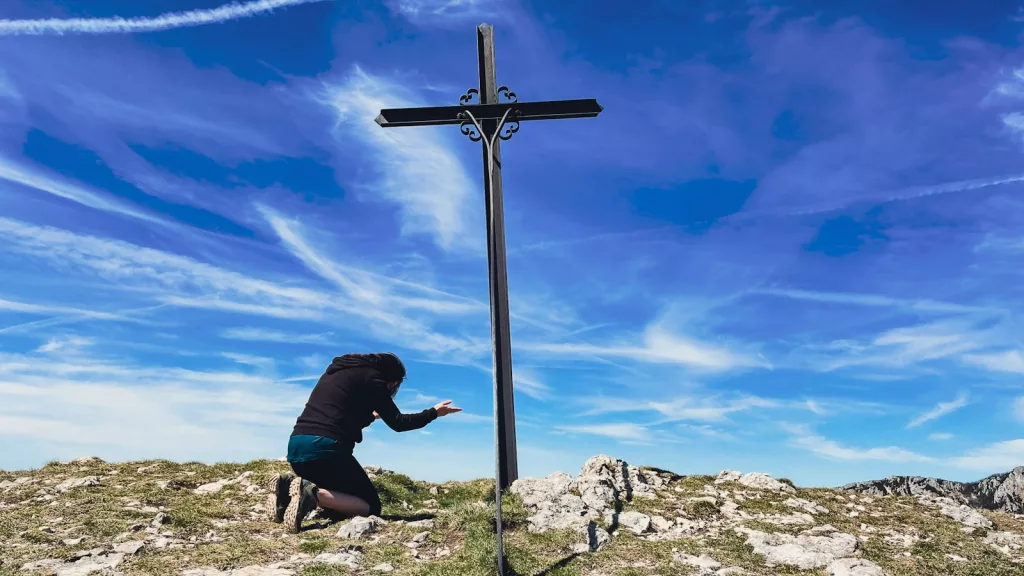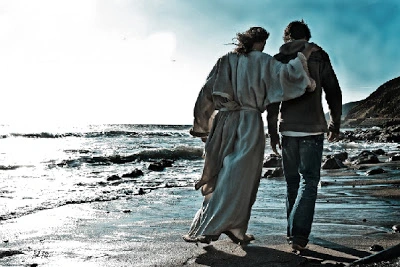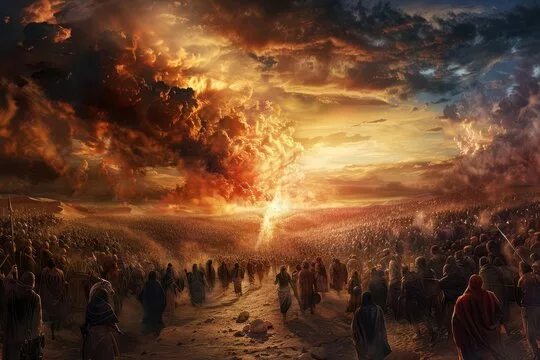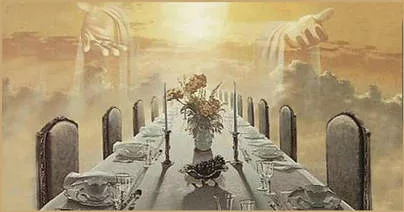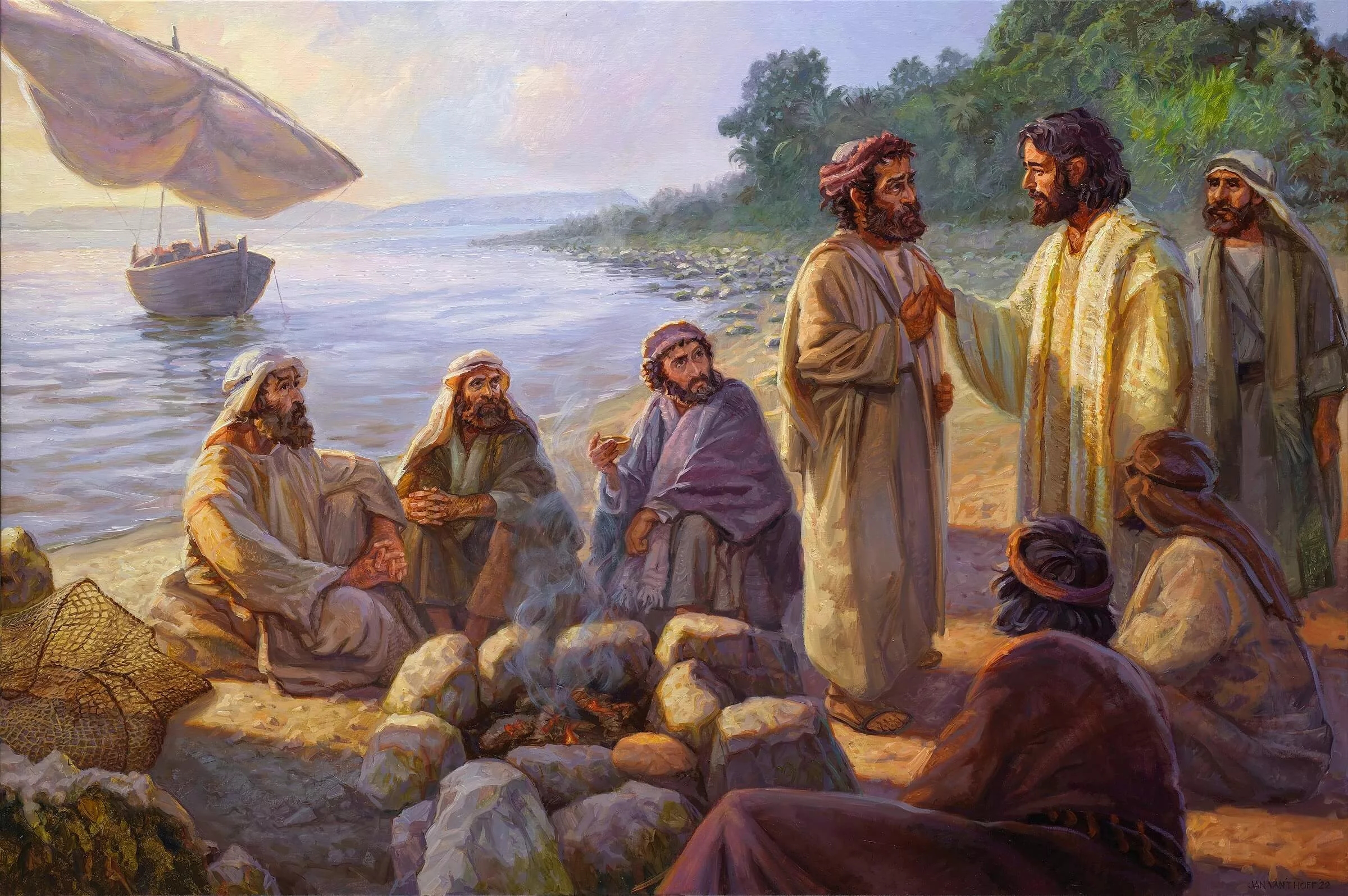Passover
In the Old Testament, God sent Moses to set the Israelites free from their slavery to the Eqyptians. At that time, Egypt had one of the most powerful armies and nations in the world. The Israelites were a poor nation, living in their borders, doing slave labor, mainly making bricks for the Eqyptian building projects.
God gave Moses ten plagues/judgments to announce to Egypt. Pharaoh, the leader of Egypt, was stubborn and refused to let the Israelites go – until the last of the ten plagues.
Exodus 11:4-7 (NASB)
4 Moses said, “Thus says the LORD, About midnight I am going out into the midst of Egypt,
5 and all the firstborn in the land of Egypt shall die, from the firstborn of the Pharaoh who sits on his throne, even to the firstborn of the slave girl who is behind the millstones; all the firstborn of the cattle as well.
6 Moreover, there shall be a great cry in all the land of Egypt, such as there has not been before and such as shall never be again.
7 But against any of the sons of Israel a dog will not even bark, whether against man or beast, that you may understand how the LORD makes a distinction between Egypt and Israel.
God said that He would make a distinction between the Jews and the Egyptians. Only the firstborn of the Egyptians would die. He told Moses that in order for the angel of death to “pass over” the houses of the faithful Israelites, they had to keep a meal, sacrificing a lamb that had no defects, then kill it at a specific time, cook it in a special way, without breaking any bones, and eat it together as a family. They would then use the blood of the lamb to mark their houses.
A Sign
Exodus 12:7 (NASB)
7 Moreover, they shall take some of the blood and put it on the two doorposts and on the lintel of the houses in which they eat it.
This was more than just a sign to the angel of death. The faithful Jews who did this were declaring their belief in, and trust in, the one true God. If God did not save them, the Egyptians would have seen this mark on their houses, and they probably would have punished them for it.
Unleavened Bread
Exodus 12:11, 13-15, 17 (NASB)
11 Now you shall eat it in this manner: with your loins girded, your sandals on your feet, and your staff in your hand; and you shall eat it in haste t is the LORD’S Passover.
13 The blood shall be a sign for you on the houses where you live; and when I see the blood I will pass over you, and no plague will befall you to destroy you when I strike the land of Egypt.
14 Now this day will be a memorial to you, and you shall celebrate it as a feast to the LORD; throughout your generations you are to celebrate it as a permanent ordinance.
15 Seven days you shall eat unleavened bread, but on the first day you shall remove leaven from your houses; for whoever eats anything leavened from the first day until the seventh day, that person shall be cut off from Israel.
17 You shall also observe the Feast of Unleavened Bread, for on this very day I brought your hosts out of the land of Egypt; therefore you shall observe this day throughout your generations as a permanent ordinance.
After all of the firstborn people and animals of the Egyptians died, they drove the Jews away quickly. God had told the Jews to be prepared, but everything happened so fast, they did not have time to put leaven in their bread (leaven makes the dough fluffy). That was why God told them to eat unleavened bread to remind them of what He had done for them in Egypt, and to remind them to always trust Him.
The Passover meal was what Jesus and His disciples were celebrating in the meal that we call the Last Supper.
Meal Preparation
Matthew 26:17-19 (NASB)
17 Now on the first day of Unleavened Bread the disciples came to Jesus and asked, “Where do You want us to prepare for You to eat the Passover?”
18 And He said, “Go into the city to a certain man, and say to him, The Teacher says, “My time is near; I am to keep the Passover at your house with My disciples.” “
19 The disciples did as Jesus had directed them; and they prepared the Passover.
Normally, this was a happy time. They were celebrating God miraculously freeing them from slavery. This day was different, though. Jesus had been telling His disciples that He was going to be betrayed by one of them, then He would be crucified, then rise from the dead. This was all too much for any of them to fully comprehend at the time.
Judas Iscariot
We’re not sure of all of the reasons why Judas Iscariot betrayed Jesus, but we are given a clue about one possible reason.
John 12:3-7 (NASB)
3 Mary then took a pound of very costly perfume of pure nard, and anointed the feet of Jesus and wiped His feet with her hair; and the house was filled with the fragrance of the perfume.
4 But Judas Iscariot, one of His disciples, who was intending to betray Him, said,
5 “Why was this perfume not sold for three hundred denarii and given to poor people?”
6 Now he said this, not because he was concerned about the poor, but because he was a thief, and as he had the money box, he used to pilfer what was put into it.
7 Therefore Jesus said, “Let her alone, so that she may keep it for the day of My burial.
Judas was a thief, and his greed only let him think about what he could get today, in this life. The other disciples understood that there was something far more important in their midst – the Kingdom of God.
Betrayal at the Meal
Matthew 26:20-25 (NASB)
20 Now when evening came, Jesus was reclining at the table with the twelve disciples.
21 As they were eating, He said, “Truly I say to you that one of you will betray Me.”
22 Being deeply grieved, they each one began to say to Him, “Surely not I, Lord?”
23 And He answered, “He who dipped his hand with Me in the bowl is the one who will betray Me.
24 “The Son of Man is to go, just as it is written of Him; but woe to that man by whom the Son of Man is betrayed! It would have been good for that man if he had not been born.”
25 And Judas, who was betraying Him, said, “Surely it is not I, Rabbi?” Jesus *said to him, “You have said it yourself.”
During this normally happy time, Jesus tells Judas that He knows that he is the one who will betray Him.
John 13:26-27 (NASB)
26 Jesus then answered, “That is the one for whom I shall dip the morsel and give it to him.” So when He had dipped the morsel, He took and gave it to Judas, the son of Simon Iscariot.
27 After the morsel, Satan then entered into him. Therefore Jesus said to him, “What you do, do quickly.”
This was after Jesus washed all of the disciples’ feet, including Judas’s feet.
Remember
Luke 22:19-20 (NASB)
19 And when He had taken some bread and given thanks, He broke it and gave it to them, saying, “This is My body which is given for you; do this in remembrance of Me.”
20 And in the same way He took the cup after they had eaten, saying, “This cup which is poured out for you is the new covenant in My blood.
Jesus told us to remember Him in this way. He wanted us to celebrate this time together and remember what He did for us.
Just like the Old Testament Passover lamb was sacrificed, Jesus was sacrificed. The blood of the lamb over the top and sides of their doorways was their protection from death – just like the blood of Jesus protects us from eternal death. The Passover lamb could not have any broken bones; Jesus did not have His bones broken.
The bread in the meal symbolized His body that He gave for us. He took the penalty for our sin and nailed it to the cross.
The wine symbolized His blood that He shed for us, the same blood that protects us and washes us from all of our sin.
Lord’s Supper
The early church followed what Jesus had established. They called these celebrations either the Lord’s Supper or love feasts. The early Christians were not perfect, though. Just like us, they had their own problems. Paul reminds the Corinthian church what Jesus Himself had told him about the Lord’s Supper (again, stressing the importance of it).
1 Corinthians 11:23-26 (NASB)
23 For I received from the Lord that which I also delivered to you, that the Lord Jesus in the night in which He was betrayed took bread;
24 and when He had given thanks, He broke it and said, “This is My body, which is for you; do this in remembrance of Me.”
25 In the same way He took the cup also after supper, saying, “This cup is the new covenant in My blood; do this, as often as you drink it, in remembrance of Me.”
26 For as often as you eat this bread and drink the cup, you proclaim the Lord’s death until He comes.
When we partake in the Lord’s Supper, we proclaim His death and resurrection. We also proclaim that we believe in and receive His sacrifice for us. It is His sacrifice that frees us from sin.
All He had He gave to us. We need to do the same.
More…
We would love to speak with you or have you worship the Lord with us. Please let us know how we can serve you.
